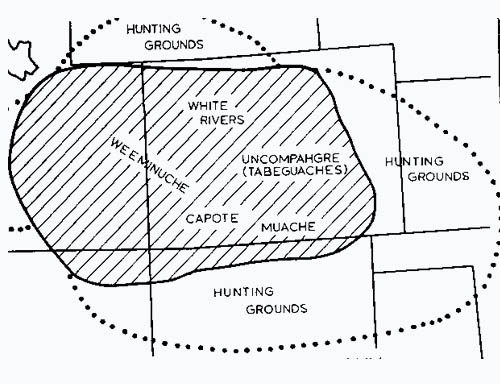MEN ON BOATS | Dramaturgy Note
By Ann Rees Berry, Dramaturg
Men on Boats is a play that charts and navigates as much terrain as its titular subjects do. It is a play about history. It is a play about gender. It is a play about race. It is a play about John Wesley Powell’s 1869 exploration of the Colorado River and the Grand Canyon. It is a play about an adventure as well as one that questions the very premise, goals, and consequences of said adventure. Men on Boats explores the idea of what it means to create a historical legacy, and how those narratives are shaped in real time. Every new river run or course charted, former soldier and expedition leader Powell was fastidious about transcribing every detail into his beloved journal, making sure to keep track of his and his fellow white men’s discoveries along their United States government-sanctioned journey. More than any of his other crew members, Powell seemed conscious of how history is made and the importance of written memory. He knew that if they succeeded in their expedition, their names would still be remembered long after they were gone. In a manner of speaking, Powell was correct; he would be lauded for the expedition and his journals covering it (which became published as The Exploration of the Colorado River and Its Canyons in 1875) by both the press and the U.S. government. The rest of his party, however, have now mostly faded from historical memory, reduced to mere footnotes in accounts concerning and centralizing Powell. The subjects of history are chosen in real time, by the press, by a nation’s rulers, by any institution or person wielding a large amount of power.
In Men on Boats, playwright Jaclyn Backhaus offers sharp commentaries on her subject, introducing and exploring the themes and contemporary issues of race and gender that makes the show rich with modern subtext. There is at the outset the startling contradiction that Backhaus sets up between the title of her play and the way she dictates it must be performed. These “men” on boats, in performance, are not men. Actors who are not cisgender, white men very rarely get to play roles like the ones they are called on to portray in Men on Boats—explorers, adventurers, daredevils, action heroes—in such a bold and physical way.
John Wesley Powell’s journey in many ways embodied the stubborn, toxically masculine belief in one’s own rightness, a belief that the U.S. has long held for itself with the doctrine of “Manifest Destiny.” There was no singular definition of Manifest Destiny when it was first coined during the mid-19th century, just as there were no official rules for naming landmarks during Powell’s expeditions. Its meaning changed at the convenience of whichever white man was using it to get what he wanted. It didn’t matter to Powell and his men that the Ute peoples had lived in these lands for centuries before they arrived to survey it, and before they “named” the mountains that already had been named by the Indigenous peoples who lived there. No matter the strength of Indigenous embodied knowledge and their communities, those native to these lands have still been viewed as less than human by white colonizers, who believed that it was their God-ordained “destiny” to take what they wanted from Indigenous peoples by force.
So much of the history we know and are taught in the U.S. is fiction, not fact. Truth gets distorted, and colonizers get to control the narratives of both the oppressor and the oppressed. Many of the men we learned about in school that were portrayed as patriots and heroes were in reality racist thieves and murderers, among other things. Horrific deeds committed by men using “Manifest Destiny” and similar ideologies as their justification have shaped so much of the world as we see it today, and yet these “heroes” are painted in the most flattering of lights. This idea of unreliable and selective historiography permeates Men on Boats. Are Powell and his men victims of their country’s ideology or willing participants in it? And like Powell, are we conscious of our legacies as we create them?


